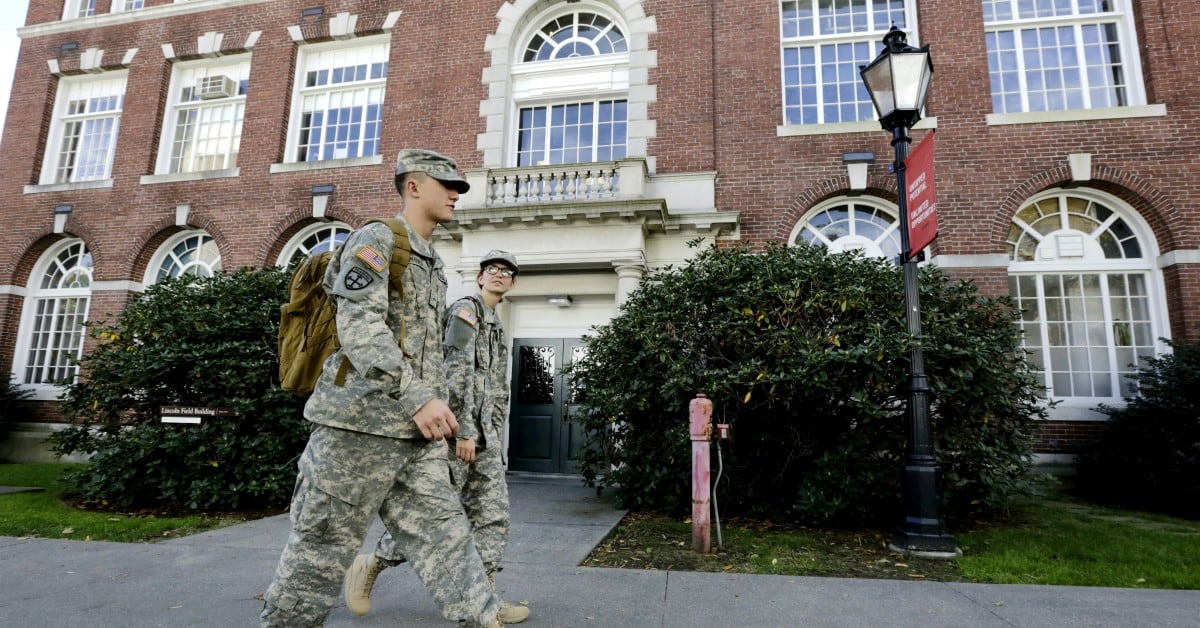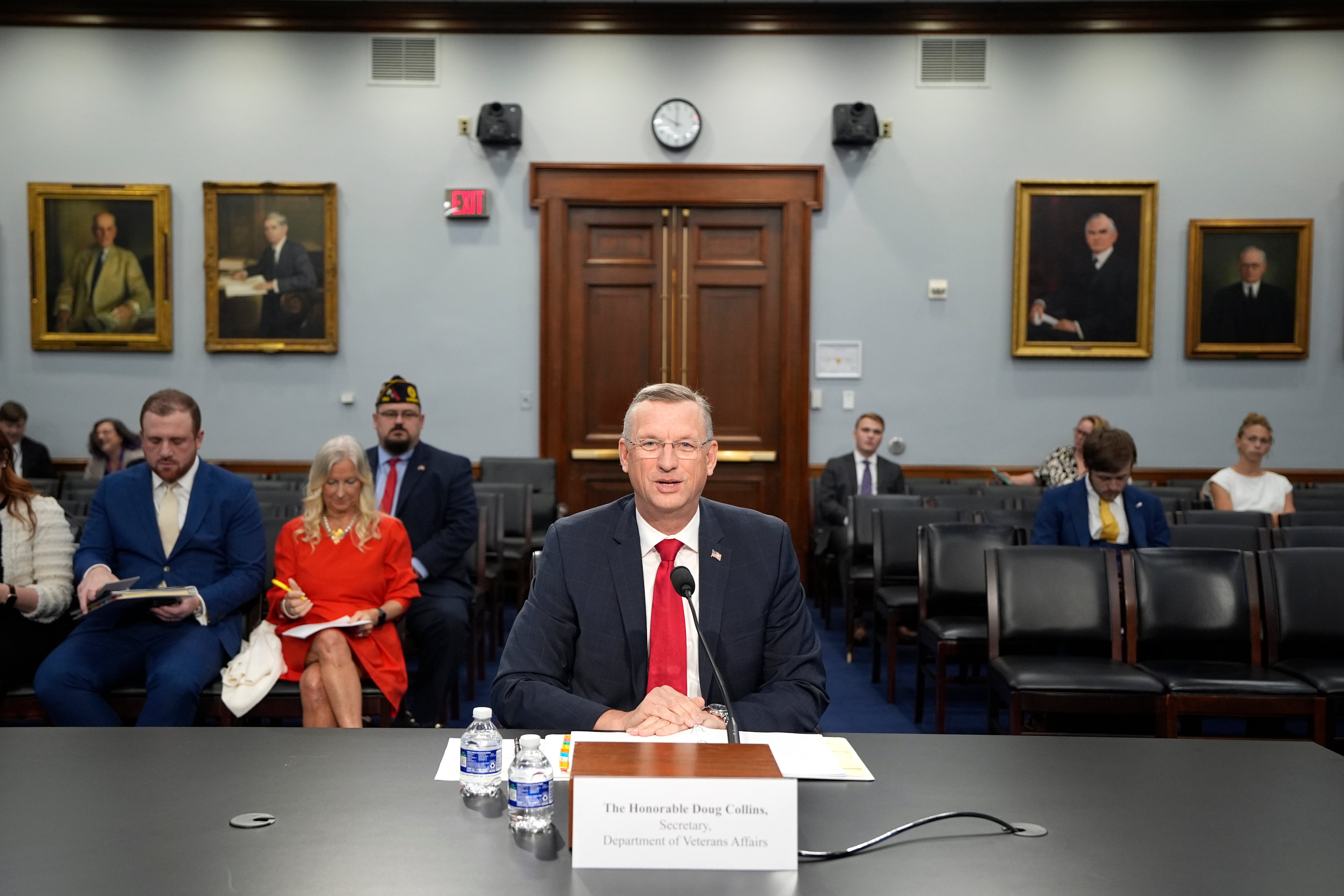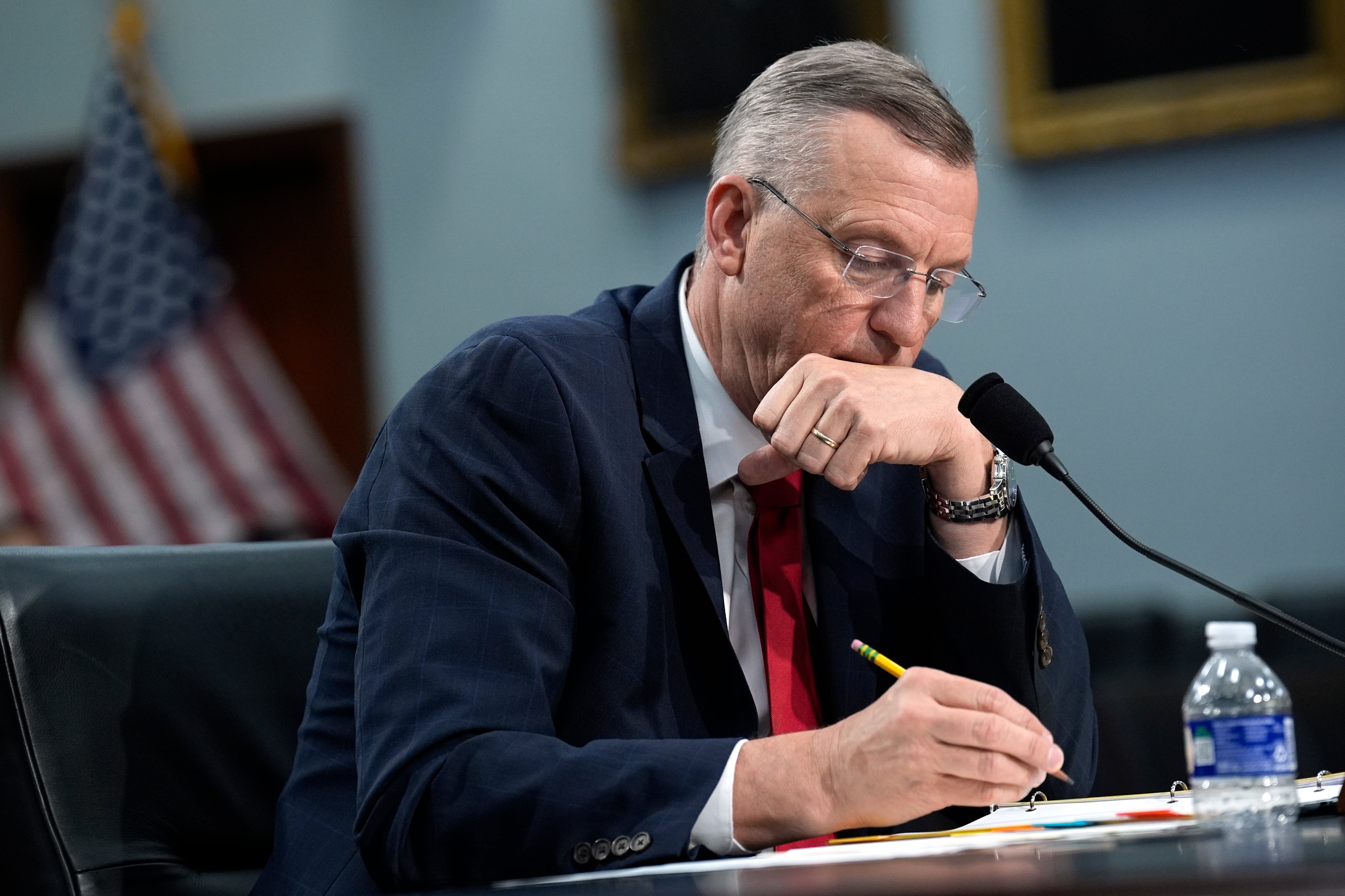Department of Education officials on Thursday published their final regulations regarding how veterans’ education benefits are classified in federal funding calculations for colleges, closing the so-called “90/10 loophole” that has been the target of advocates for years.
“After years of harassment by deceptive and aggressive for-profit college recruiters, veterans, service members, and their families will no longer be viewed as nothing more than dollar signs in uniform,” Carrie Wofford, president of Veterans Education Success, said in a statement.
At issue is where for-profit colleges get the majority of their tuition money.
Under previous rules, schools could not receive more than 90% of their tuition dollars from federal education benefits and grants. At least 10% of their funding had to come from student payments or other outside sources.
RELATED

However, military and veterans’ education benefits were not counted against that cap. Schools, therefore, could recruit students with GI Bill eligibility and use that money to count as part of their 10% non-federal money calculation, rather than the other side.
Veterans advocates said that loophole incentivized unscrupulous schools to target veterans with suspect education programs to maximize profits without trying to find students who were investing their own savings.
Congress passed legislation in February 2021 mandating that the loophole be closed, but drafting regulations and public review rules delayed that official change until Thursday.
In the published regulations, Education Department officials said that starting next year, schools will be required to report “all federal education assistance funds on the 90 side of the 90/10 calculation,” including the veterans’ benefits.
The new rules go into effect on Jan. 1, 2023, but could be delayed until the fall 2023 semester for some schools whose fiscal calendar has already begun.
RELATED

In those cases, schools that now violate the 90/10 rule may continue to operate under their current setup but will need to make adjustments — or close down certain degree programs — later in the year. Students should not see any impact on their classes before then.
The move is also expected to reduce some veteran-targeted advertising by for-profit schools that are no longer incentivized to specifically enroll students using GI Bill benefits.
A full copy of the new regulations are available on the Federal Register.
Leo covers Congress, Veterans Affairs and the White House for Military Times. He has covered Washington, D.C. since 2004, focusing on military personnel and veterans policies. His work has earned numerous honors, including a 2009 Polk award, a 2010 National Headliner Award, the IAVA Leadership in Journalism award and the VFW News Media award.





